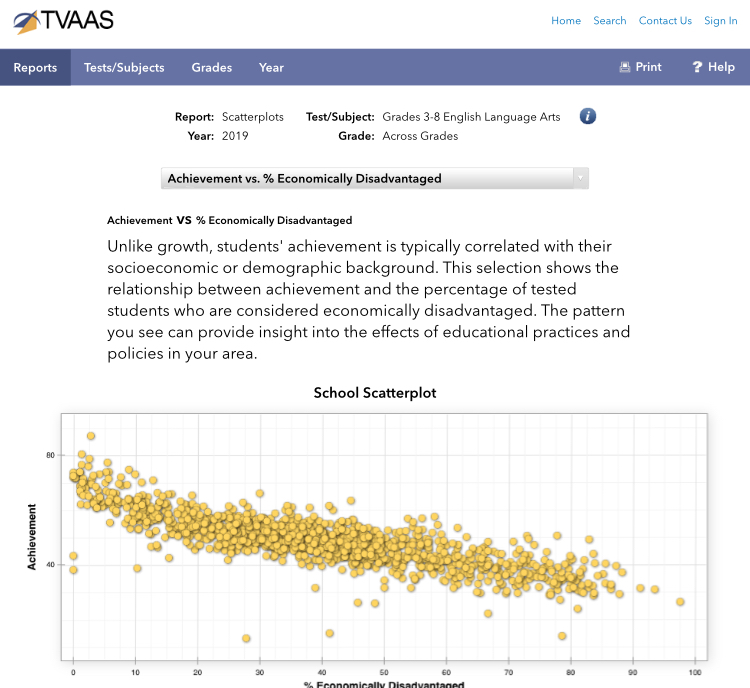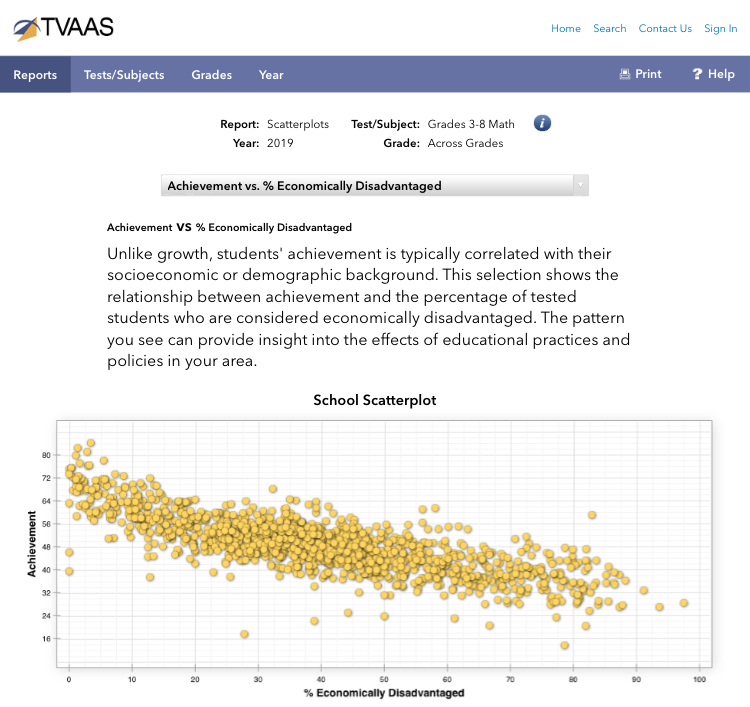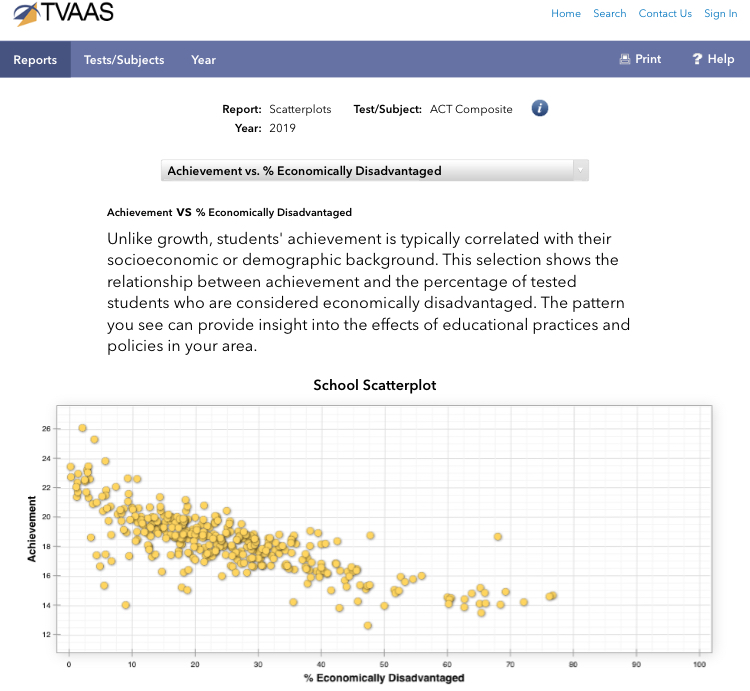Nashville teacher and education blogger Mary Holden has a new post out about testing. Here’s a bit of what she has to say:
Until we realize this – “Standardized testing is a vampire that sucks the lifeblood out of education” – and do this – “Put a stake in it” – by upturning state legislation that requires us to use standardized test scores to make high-stakes decisions, THERE WILL BE NO IMPROVEMENT. Nothing will change, nothing will get better, nothing will improve – our attitudes about public education, our students’ performance and desire to learn, NOTHING – until we do thisMORE>
And if we can’t get rid of the tests, then there is something we can do. We can put these tests in their place. To do that, we must remove ALL the high stakes that are attached to them. That means teacher evaluations, student grades, grading schools and districts according to them, judging real estate markets on “good school” defined by them… ALL OF IT. All of the high-stakes decisions that are made because of test scores. If we truly do that, we will be left with a test that students take each year that simply give us a snapshot of how they are doing and nothing more.
Holden seems to be echoing here some of the concerns raised in my recent post about testing and poverty.
It’s also worth noting that all that testing and the attendant “accountability” hasn’t really moved the needle. Here are some graphs from 2019 TNReady and ACT results.



It turns out, continuing to test and hold schools “accountable” doesn’t really do anything to change the results. Rather than using the tests to inform practice, as Holden notes, they are used for all sorts of things that make adults (particularly policymakers) feel like they are doing something. I’ll just go back to my post and end this right here:
A more cynical look at the policy reality would conclude that legislators simply don’t want to admit the real problem because dealing with it would be politically difficult.
Addressing poverty would mean providing access to jobs that pay a living wage as well as ensuring every Tennessean had access to health care. Our state leads the nation in number of people working at the minimum wage. We lead the nation in medical debt. We continue to refuse Medicaid expansion and most of our elected leaders at the federal level are resisting the push for Medicare for All.
Until we change the underlying systems that create wealth-based achievement gaps, we won’t meaningfully close those gaps. No amount of test-based accountability will change that reality.
For more on education politics and policy in Tennessee, follow @TNEdReport
Your support — $5 or more today — makes publishing education news possible.


 s the truth.”
s the truth.”